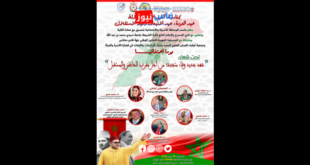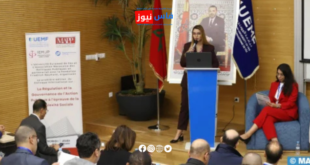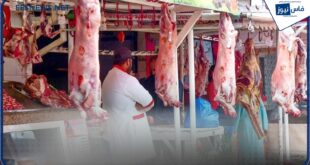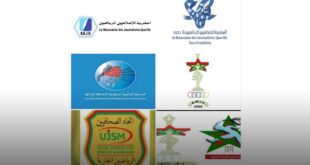As the olive harvesting season approaches in Morocco, industry experts are warning of a potential significant increase in olive oil prices, which could put this essential commodity out of reach for many consumers.
According to estimates from sector professionals, the price of a liter of olive oil could reach 150 Moroccan dirhams, representing a substantial increase from current prices. This expected rise is attributed to several factors, most notably:
- The persistent drought affecting agricultural regions, which has led to a sharp decline in production.
- Large investors buying small farmers’ crops before maturity, leading to market monopolization.
Experts indicate that this price increase will have a negative impact on low-income consumers, who may find it difficult to purchase this essential food item. They also warned that the continuation of this situation could lead to job losses and increased unemployment rates in the sector.
Despite hopes for rainfall, professionals rule out the possibility of price decreases in the near term. They affirm that improved climatic conditions may help revive exhausted olive trees, but the impact on prices will not be evident until the coming years.
In light of these challenges, experts are calling on relevant authorities to intensify market supervision and provide support to farmers and olive presses to encourage production and prevent monopolization. They also point to the importance of taking measures to protect consumers from sharp price increases.
It’s worth noting that the Ministry of Agriculture, Fisheries, Rural Development, Water and Forests recently held a meeting with representatives of the food industry sector to discuss measures to support the olive production chain in the current difficult circumstances.
As these challenges persist, olive oil, once a staple on Moroccan tables, may become a luxury item beyond the reach of many families, raising concerns about changes in dietary patterns and their impact on public health.
The situation also highlights the broader effects of climate change on agriculture and food security in Morocco. The ongoing drought not only affects olive production but also threatens other crops, potentially leading to wider economic and social implications.
Industry stakeholders are urging for a comprehensive strategy to address these issues, including investment in drought-resistant olive varieties, improved irrigation techniques, and support for small-scale farmers who are particularly vulnerable to market fluctuations and climate change impacts.
As the harvest season approaches, all eyes will be on the olive groves of Morocco, with hopes for a turn in fortunes that could bring relief to both producers and consumers in this vital sector of the country’s agriculture and culinary tradition.
 فاس نيوز ميديا جريدة الكترونية جهوية تعنى بشؤون و أخبار جهة فاس مكناس – متجددة على مدار الساعة
فاس نيوز ميديا جريدة الكترونية جهوية تعنى بشؤون و أخبار جهة فاس مكناس – متجددة على مدار الساعة













